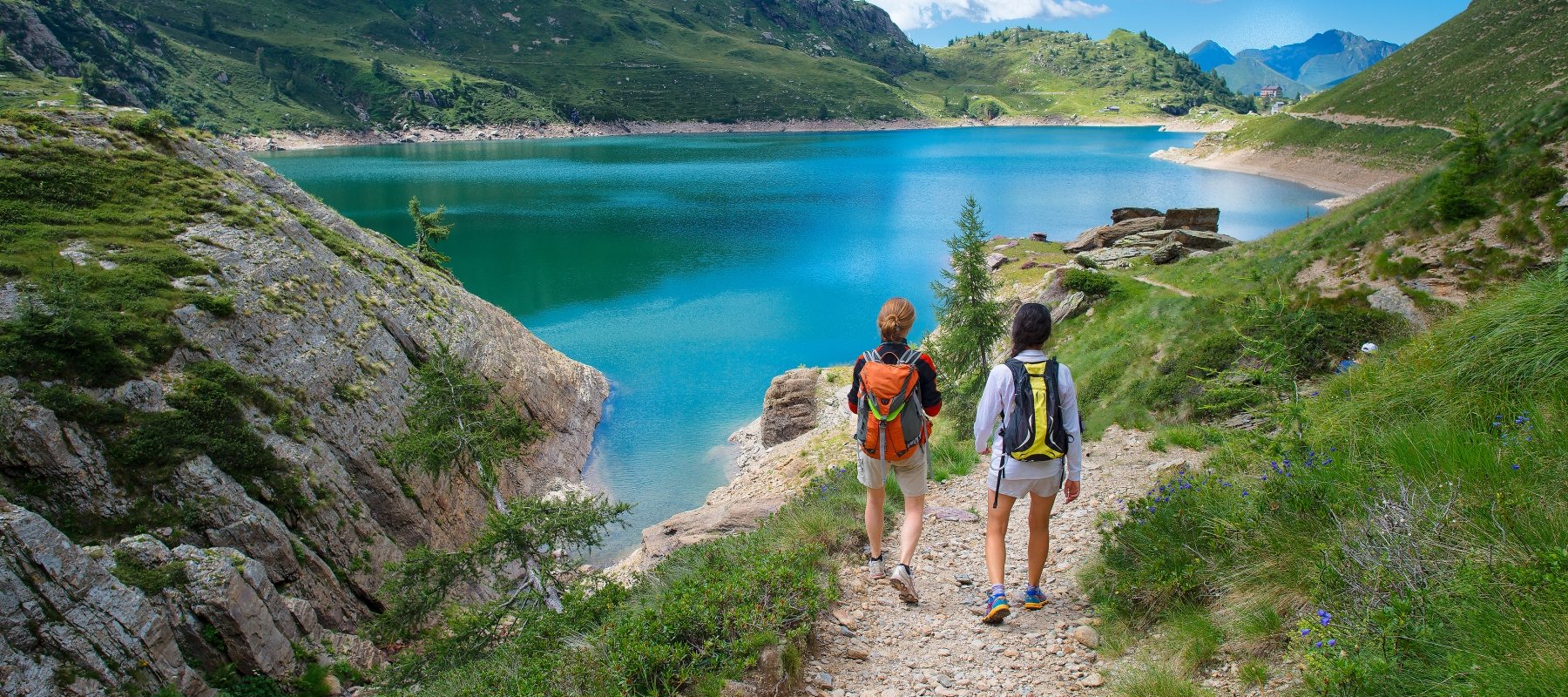Travel is at a turning point.
Before the pandemic, the world’s most visited sites were buckling under the weight of overtourism. Then, in the blink of an eye, crowds disappeared. And many places are better for it: Façades of ancient and historic buildings are less marred by vehicle exhaust, footpaths are less worn by hundreds of daily visitors, and natural treasures are more…well, natural.
It’s as if someone has hit the “reset” button. And the question that many are asking is, “What will travel look like as it bounces back?”
Though sustainability has long been part of our DNA, we are want to make it even more integral during this period of recovery. We spoke with Adrienne Lee, a director at Tourism Cares, a nonprofit focused on making travel more sustainable. “We have an unprecedented opportunity to emphasize responsible travel in a way we never have before,” says Adrienne. Lee’s organization—which concerns itself with how travelers can benefit the communities, culture, and natural world of their destination—is currently helping Country Walkers define sustainability goals for the next decade and beyond.
“This is a step ahead of what everyone used to say about having a ‘zero’ impact.” She continues. “We are developing and offering up ways for travelers to have a ‘net positive’ impact. Economically, socially, and environmentally.”
So how can you travel more sustainably?
We’re tackling the question here from two perspectives: Which travel styles to embrace and what choices you can make about your trip day to day.
Sustainable Travel Styles
- Explore your destination by foot. Our first suggestion should come as no surprise. We have long embraced the “slow travel” movement. Walking is not only good for the environment, releasing zero carbon emissions. It’s also good for you – physically and spiritually. And it lets you experience a place more deeply and more intimately.
- Go When Others Won’t Be There. One of the many challenges of travel is the influx of visitors at the world’s iconic landmarks. Huge crowds put a strain on historic and ancient sites and cultural landmarks. Travel outside the busy season and you’ll lessen that strain. Plus, you’ll be supporting local businesses during a time when customers are few and far between.
- Take One Long Trip Instead of Several Small Ones. Flying cannot be avoided when you’re traveling internationally. But if you combine several trips into one, you’ll get on far fewer planes and reduce your carbon footprint. Country Walkers can help plan back-to-back Walking Adventures, whether you’re dreaming of an English sojourn or a multi-country journey.
- Walk in Your Own Backyard. Discoveries in your own country are just as inspiring and breathtaking as any you can make overseas. So consider exploring close to home. All you need is your car keys and your luggage. Fortunately, Country Walkers offers many Walking Adventures in North America that could be just a road trip away.
Sustainable Options While You’re Traveling
- Avoid the crowds. Overcrowding of those iconic landmarks does more than dash your dreams of wandering the ancient streets of Pompeii in solitude. An overwhelming human presence can damage the site, and decrease the quality of life for nearby locals. Avoiding the most popular sites when they’re at their busiest will help preserve their authenticity, as well as the integrity of the local community. (See Tip #2)
- Take Your Social Distancing Strategy With You. The least crowded places are the most rewarding ones – and the places where you’ll have less impact. Our Self-Guided Walking Adventures are perhaps the most sustainable form of travel we know. Oftentimes, it’s just you and the trail, and perhaps a local out for a stroll. Plus, by traveling to remote corners of the world, your travel dollar will go to small local communities.
- Stay at Local, Authentic Hotels. Rather than give your money to a faceless chain hotel, arrange to stay at small, family-owned inns and lodges. By doing so, you’re supporting the local economy, from the innkeepers to the housekeepers, from the local farmers that keep the kitchen stocked to the bakers who make sure you have warm, fresh bread in the morning. Country Walkers is proud to partner with small, local hotels wherever possible, from the kibbutz-owned Ein Gedi Hotel on the Dead Sea to the Pampa Lodge in Chile’s Torres del Paine National Park.
- Support Local Vendors, Too. Whether you’re attending a cooking class or purchasing trinkets, the community benefits. Your chef-instructor is passing down family recipes, surely a point of pride, and she or he used your fee to purchase ingredients from the food supplier in the nearby market. As for the wood carvings or textiles you might buy, be sure they were crafted by local artisans and not imported.

